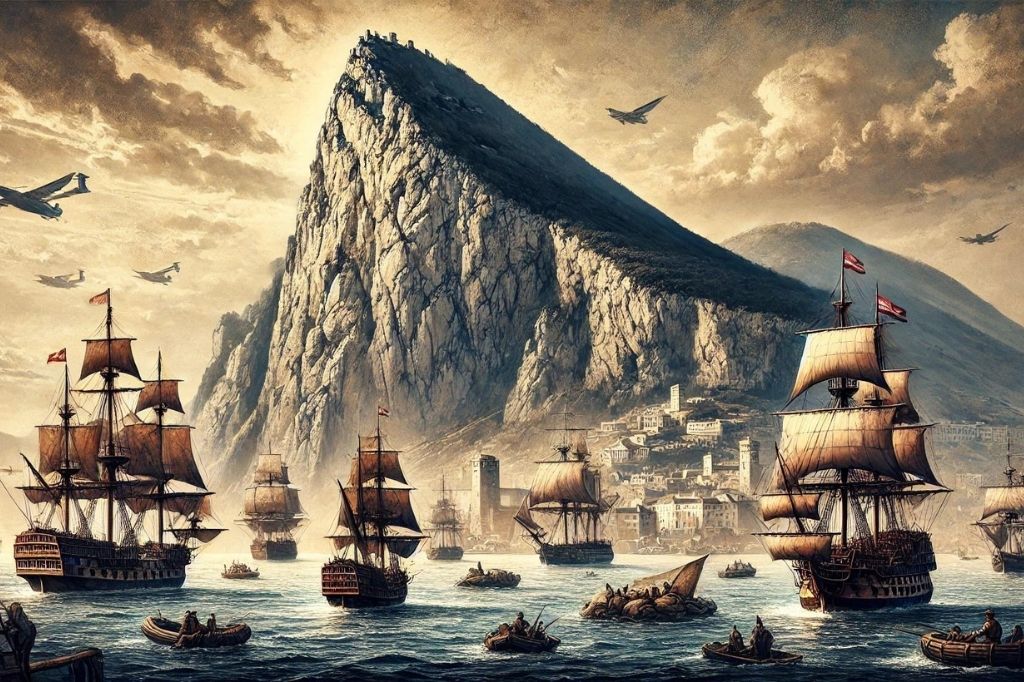Remaining as a solid sentinel at the passage between the Atlantic Sea and the Mediterranean Ocean, The Strategic Importance of Gibraltar Throughout History couldn’t possibly be more significant. This limited promontory has been the point of convergence of military and business systems because of its ordering position. This article investigates how Gibraltar plays had a urgent impact in molding the international relations of the district and then some, from old times to the current day.
Gibraltar in Antiquated and Archaic Times
Gibraltar’s strategic importance was perceived as soon as the antiquated times when it was known as one of the Mainstays of Hercules. The Romans and the Fields, who later controlled the district, used its vantage highlight screen maritime traffic entering and leaving the Mediterranean. The Moorish palace, worked in 711 Promotion, remains as a demonstration of Gibraltar’s job as a military watchpoint.
During the middle age time frame, control of Gibraltar was vital for the Fields and hence the Spaniards to state their strength over the Waterway, which was a basic sea course for exchange and military developments among Europe and North Africa.
Gibraltar’s Job in the Period of Exploration
As the Period of Investigation unfolded, Gibraltar acquired considerably more conspicuousness. It filled in as a critical visit for armadas making a beeline for and from the New World. Control of Gibraltar permitted countries to shield their oceanic investigations and shipping lanes, basic for the realms building endeavors of Spain and Portugal. The English catch of Gibraltar in 1704 during the Conflict of the Spanish Progression denoted a defining moment, laying out it as an imperative base for the Illustrious Naval force.
The strategic area of Gibraltar furnished the English with an unrivaled benefit to control maritime traffic into the Mediterranean, impacting European and worldwide oceanic activities.
Gibraltar During the World Wars
During The Second Great War and The Second Great War, the importance of Gibraltar as a fortification and maritime base was amplified. It was instrumental in controlling admittance to the Mediterranean Ocean and shielding Partnered supply courses. The Stone was strengthened further during these times, becoming quite possibly of the most sustained and battled about place in Europe.
In The Second Great War, Gibraltar filled in as a significant base for hostile to submarine fighting in the Atlantic and as a starting point for tasks into North Africa. Its job in Activity Light, the United attack of North Africa, was especially huge.
Gibraltar in the Cutting edge International Context
In the present international scene, Gibraltar keeps on holding strategic military and monetary importance. Its port remaining parts one of the most active in the Mediterranean, adjusting both military and business transporting lines. Besides, its strategic military pertinence go on under NATO, giving a basic mark of control and coordination for worldwide tasks.
The continuous disagreements about sway between the UK and Spain likewise feature Gibraltar’s persevering through strategic importance, with the two countries perceiving the benefit of controlling this door to the Mediterranean.
From its days as one of the Mainstays of Hercules to its flow status as an English Abroad Region, Gibraltar has reliably assumed a basic part in military and business techniques around the world. Its one of a kind geographic area at the junction of two significant waterways has caused it a resource that countries to have constantly looked to control. Gibraltar’s history is a strong indication of how geology can shape the predetermination of countries.


